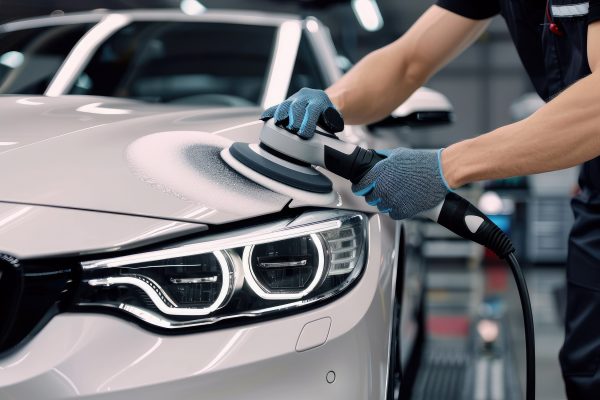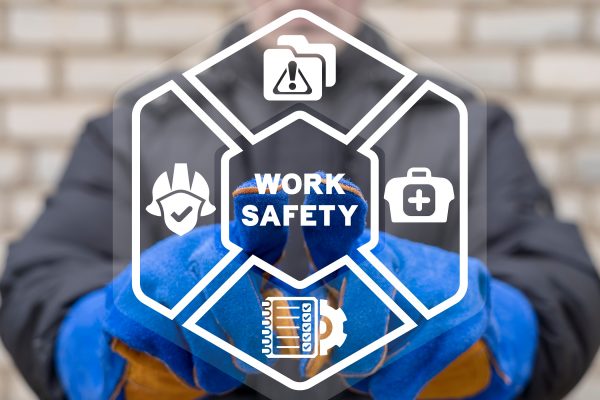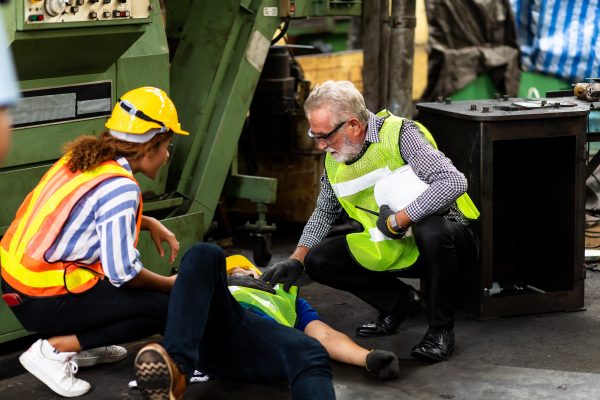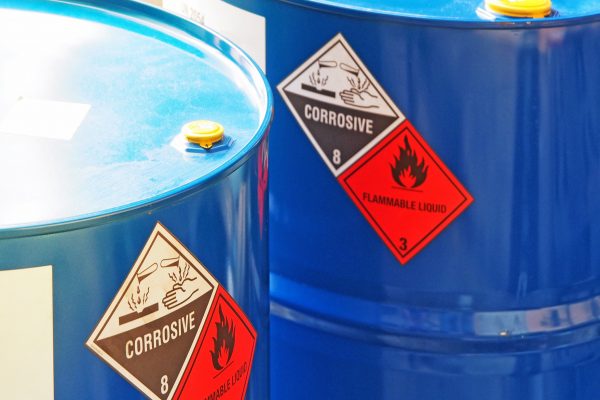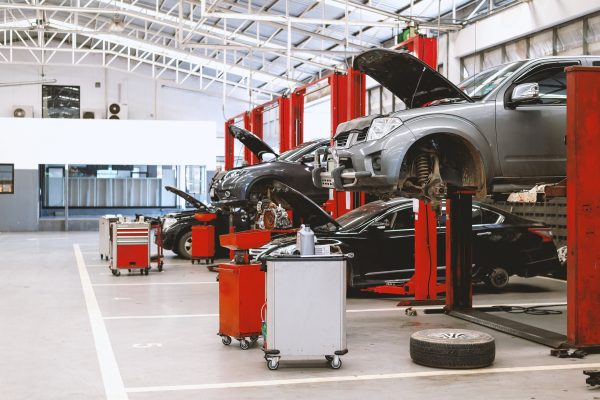It’s a common perception to store flammable liquids in a gas store however guidance from the British Compressed Gases Association (BCGA) suggests this should not be the case!
The BCGA guidance, is well established within the industry and referred to by all inspectors and the courts. Although it does not form part of any legislation, you should regard it as compulsory.
- Only retain the minimum quantity of petrol you require. It should be stored in UN-approved containers marker with the wording “petrol” and “highly flammable” They must also have a warning label “No naked flames” and “No smoking”
- Ideally the petrol should be kept in a secure outbuilding in a metal container with a lid. A bespoke flammable liquids cupboard could also be purchased and this is essential if you have no choice but to keep the can in your workplace. You must ensure that the bin or cupboard is not placed on the only escape route and that there is a dry powder extinguisher within ten metres. The cupboard should also have a warning sign “Highly flammable”
The location for storing the petrol must be well ventilated and away from sources of ignition (power sockets).

Stocking only premium EV charging cables, we ensure you experience a stress-free EV charge, over and over, confidently backed by our 2 year warranty. Our premium & reliable charging cables are compliant with EU & UK safety standards. We offer free next day delivery* on all EV charging cables when shipped within mainland UK.


